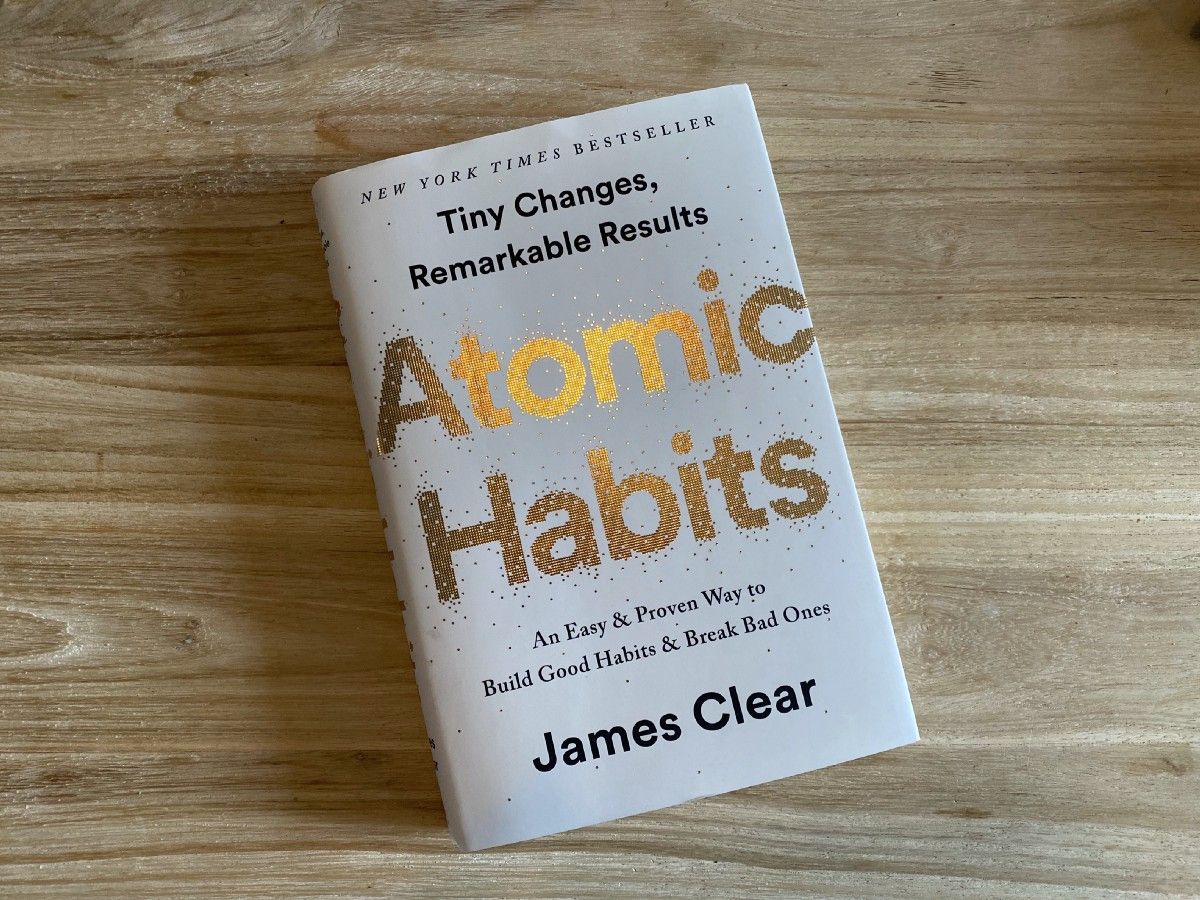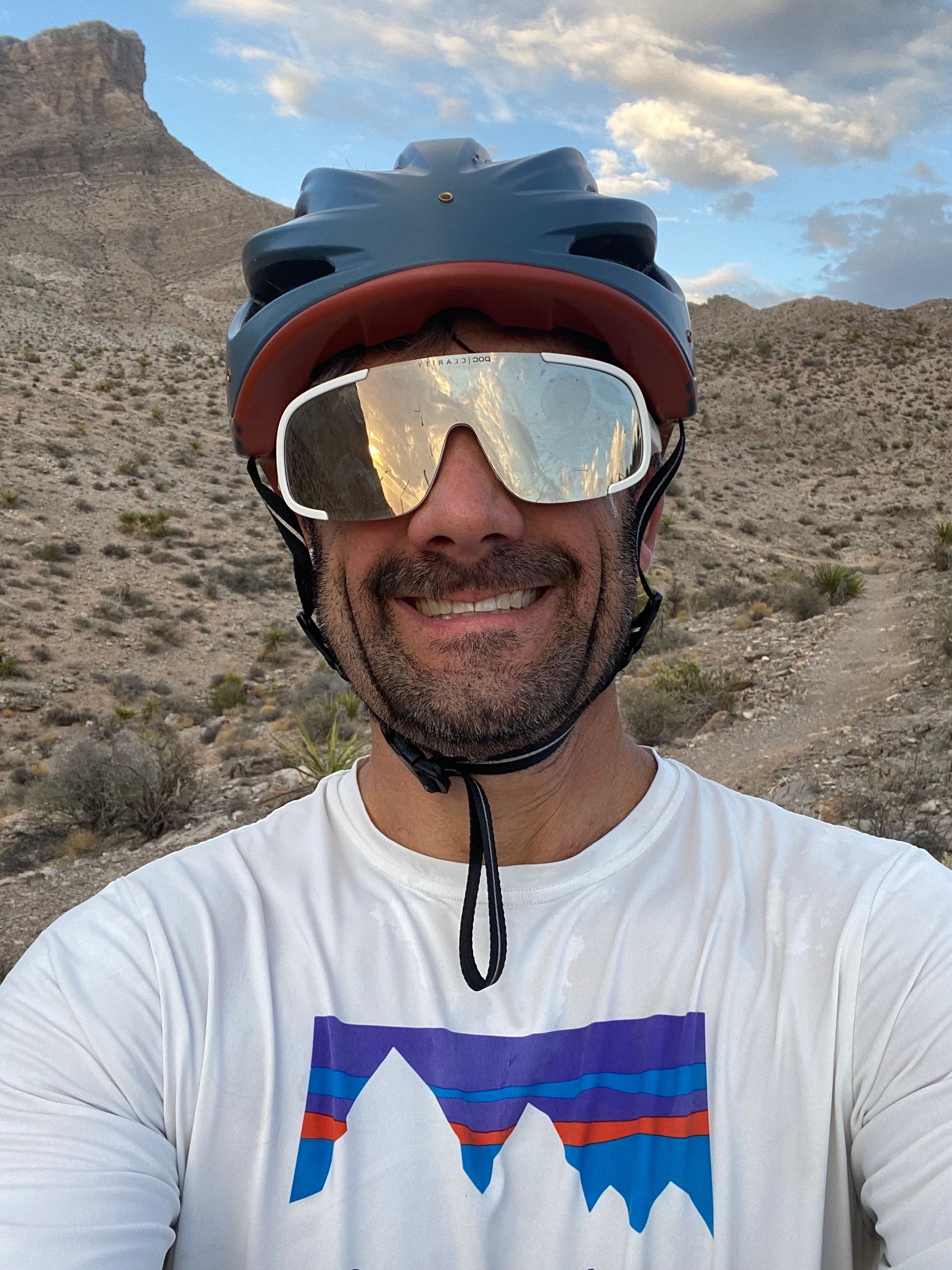Your Goals are Nothing Compared to Your Systems
"Early in my life my achievement was because I set a waypoint, identified the checkboxes that needed to be completed to get there and I started checking boxes."
I have always been goal oriented and I felt like this was always a good thing. Maybe I’m wrong. Why?
By my definition of success I’ve led a successful life. I have a beautiful family, I am present as a husband and a dad, I have the privilege of caring for children and their families as a pediatric surgeon, I’ve completed marathons and Ironman events, I’ve traveled the world, I’m in good health, in my opinion the list goes on.
Early in my life my achievement was because I set a waypoint, identified the checkboxes that needed to be completed to get there and I started checking boxes. For bigger goals I needed tighter boxes. If I couldn’t reach the next waypoint I made more boxes to celebrate smaller wins. I repeated this for every new goal whether that was matching in pediatric surgery or completing my first Ironman.
So what’s wrong with setting goals? Here are a few quotes that have had me thinking:
- “Losers have goals. Winners have systems.”
- “Goals determine your direction. Systems determine your progress.”
- “If you do something every day, it’s a system. If you’re waiting to achieve it someday in the future, it’s a goal.”
- “You do not rise to the level of your goals. You fail to the level of your system.”
- “Goal oriented people exists in a constant state of failure or waiting for the goal. Systems people win every day just by sticking to their systems. The systems people tend to perform better and be happier.”
In Scott Adams book How to Fail at Anything and Still Win Big he shares life lessons about building systems, creating talent stacks, expecting failure, pivoting on ideas, seeking feedback, and embracing the magic of affirmations. Reading this book definitely reminded me of the lessons in Atomic Habits by James Clear about building habits around your identity. Instead of “completing the Boston Marathon” the lesson is “I want to be identified as a runner.”
So let’s get back to the systems and goals discussion because it’s one that I struggle with daily. Who are goals good for and who are systems good for? The broad answer is both are good for everyone. Goals set the waypoint and direction and systems increase the probability you’re going to get there.
In surgery this becomes applicable in a number of ways. For example, take the annual ABSITE exam, which I’ve written about in How to Crush the ABSITE. This is an exam that all general surgery residents take annually to prepare for the American Board of Surgery exams that follow training. It’s a sort of check in each year for both the resident and the training program.
If you want to crush the ABSITE it’s all well and good to make that a goal. Few can achieve this goal with a disorganized plot and mishmash of studying, reading, question review, etc.
The people who continually crush the ABSITE are residents who create an identity (I want to be identified as a competent and knowledgeable resident) and back up that identity with the daily habit of reading and focused question review. It is the rare resident who achieves this goal without creating these habits and systems and those residents likely have already found their identity and have systems..
One statement I’ve always come back to, even though it does generate frequent eyeball rolls is this…
“Study to be a great surgeon and the exams will take care of themselves.”
You can replace the words surgeon and exams with anything…
The same is true for basic surgical skills and I wrote about this in Know the Basics last week. I can set the goal of “I want to be a skilled surgeon” and go through resident training assuming that I’ll be a competent surgeon when it’s all said and done. Or, I can be intentional and deliberate about the habits that identify with competent surgeons and build those habits. These are simple things like developing basic skills or thinking and preparing for operations and in my experience training residents they represent the systems of only a precious few.
So am I wrong for being goal oriented? I think there are three difficulties with goals:
1.). How do you choose the size of the goal?
2.). How do you get there?
3.). What happens after you complete the goal?
I believe goals are necessary because humans are achievement oriented. It feels good to win, it feels good to achieve, achievement fuels progress.
Size of the Goal
Unfortunately, because goals are specific they are inherently inflexible and failure is proportional to the size of the goal. So for success and achievement, we set smaller goals. The difficulty is how to determine what goals are too big and what goals are too small.
For me, I can relate to this when I decided I wanted to complete an Ironman event for my 40th birthday. I felt Ironman was within reach and was just a big enough goal to stretch me to the point of discomfort. I didn’t feel that I needed a Sprint or Olympic triathlon under my belt as stepping stones. I read the book Can’t Hurt Me by David Goggins and I thought, I’m tough, I’ve got grit, this will be hard but I can do it. If my goal was to win Ironman in Kona, it’s likely that I would be quickly disillusioned trying to get the sub 3-hour run after the 112 mile bike. For me that goal would have been too big, too easy to fail.
The size of the goal is personal and my experience has taught me that when you start to become disillusioned, when you start to fail, when you start to lose sight of the end you’ve just set too big of a goal.
How do we get to a Goal?
In our progress toward a goal, failure is proportional to inconsistency. The more inconsistent we are in our practice toward the goal the less likely we’re going to achieve the goal. This is where atomic habits and systems thinking comes to play in a big way. By building habit stacks (James Clear) or talent stacks and top 25% skill sets (Scott Adams) we can align the goal with our identity and start making daily progress in a focused way. By not building habits we invite inconsistency and chaos which brings us both further from the waypoint and increases the chance of failure.
Few people can achieve audacious goals without systems and they should not be role models.
In Talent is Overrated we learned about deliberate practice and whether you’re an athlete, a high performing business leader or a comic, systems are everything.
After Goal Achievement
Finally, what happens after the goal is achieved? What happens after you reach your goal weight, what happens after you cross the finish line, what happens after you’ve graduated your fellowship program? In my opinion if you haven’t developed an identity, if you haven’t developed your systems, you will fall…not fail, fall. It gets to the question of why did you set a goal in the first place? Was is to just feel the weight or the medal around your neck or impress people with the certificate on the wall or was it for something? Why?
After we achieve goals we fall back to our baseline. If we developed strong habits it’s likely we’ll continue those habits to support our new identity. If we didn’t develop strong habits or a strong identity it’s likely our new behaviors will fall.
Wrapping this up I believe in both goals and systems. Systems without goals seem unsustainable. Personally I’m not going to swim, bike and run everyday in a disciplined and hard core way just to do it…that’s just me. Goals without systems lead to failure in most circumstances for most people.
Experiment with yourself on setting the size of your goal. If the goal is too big, set a smaller goal in the same direction. Ask yourself what habits need to happen to develop systems to achieve your goal. These habits will not only get you to the goal but they will carry you forward with the identity you’ve created.
Systems and goals.
What do you think?










